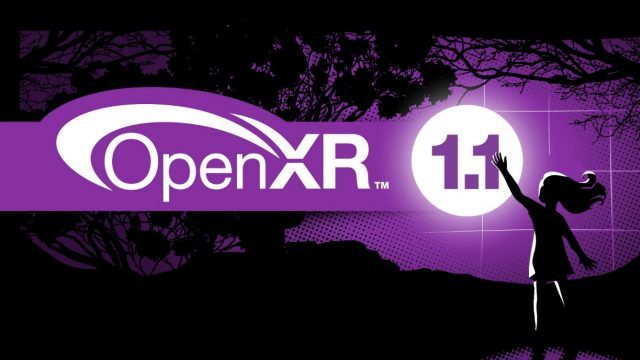OpenXR is an open standard made to improve compatibility between XR software and XR headsets. Google—one of the biggest tech companies in the world—is adopting the standard right out of the gate, joining other major firms like Meta and Microsoft. Other players (like ByteDance recently) also support the standard, cementing it as not just an open standard, but an industry standard. And while the vast majority of major XR companies now support OpenXR, a major holdout remains.
Initially announced in 2017, OpenXR is an open standard that makes it easier for developers to build XR applications that can run on a wide range of XR headsets with little to no modifications. While major players in the space like Meta, Microsoft, Valve, HTC, and plenty more all support OpenXR, the industry’s big holdout is—can you guess? Apple.
Apple is somewhat notorious for rejecting industry standards and forging its own path; sometimes the company sticks to its own proprietary formats and other times ends up adopting the industry standard in the end.
Vision Pro not only doesn’t support OpenXR, but it doesn’t have built-in support for motion-tracked controllers (which most existing XR content requires). If Vision Pro supported OpenXR, it would be significantly less work for developers to bring their XR apps to the headset (though the lack of controllers still poses a major hurdle).
As ever, Apple is the odd one out.
Meanwhile, Google wasted no time confirming its newly announced Android XR platform will support OpenXR, making it easier for developers to port content that was built XR apps for headsets like Quest.
Google says Android XR is already compatible with OpenXR 1.1, and the company has built out some of its own ‘vendor extensions’ which are new capabilities that extend what OpenXR can do on specific devices. Vendor extensions sometimes go on to become part of future versions of OpenXR.
Last month Pico (ByteDance’s XR division) also announced that its runtime is now compliant with the OpenXR 1.1 standard on Pico 4 Ultra, with plans to bring support to Pico 4 and Neo 3 by mid-2025.
Pico also has its own ideas about where the standard should go in the future. The company recently presented a framework for standardizing the way that XR applications can run simultaneously so users can run multiple XR applications in a shared space. Pico says it’s advocating for this approach to the OpenXR working group, and industry body which guides the evolution of the standard.
With the addition of support from both Google and Pico, OpenXR has truly achieved industry standard status, even if the odds of Apple ever adopting it remain slim.


